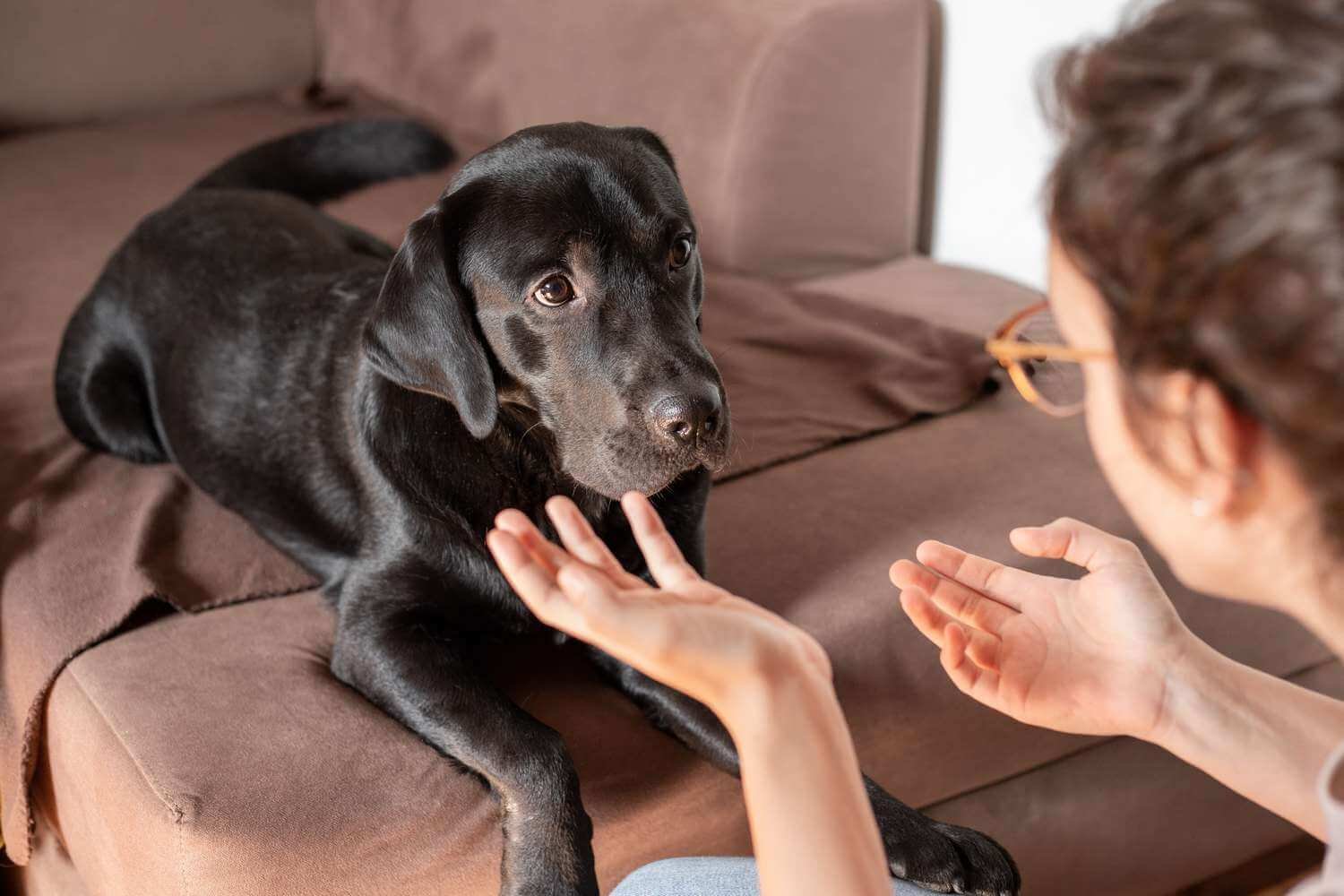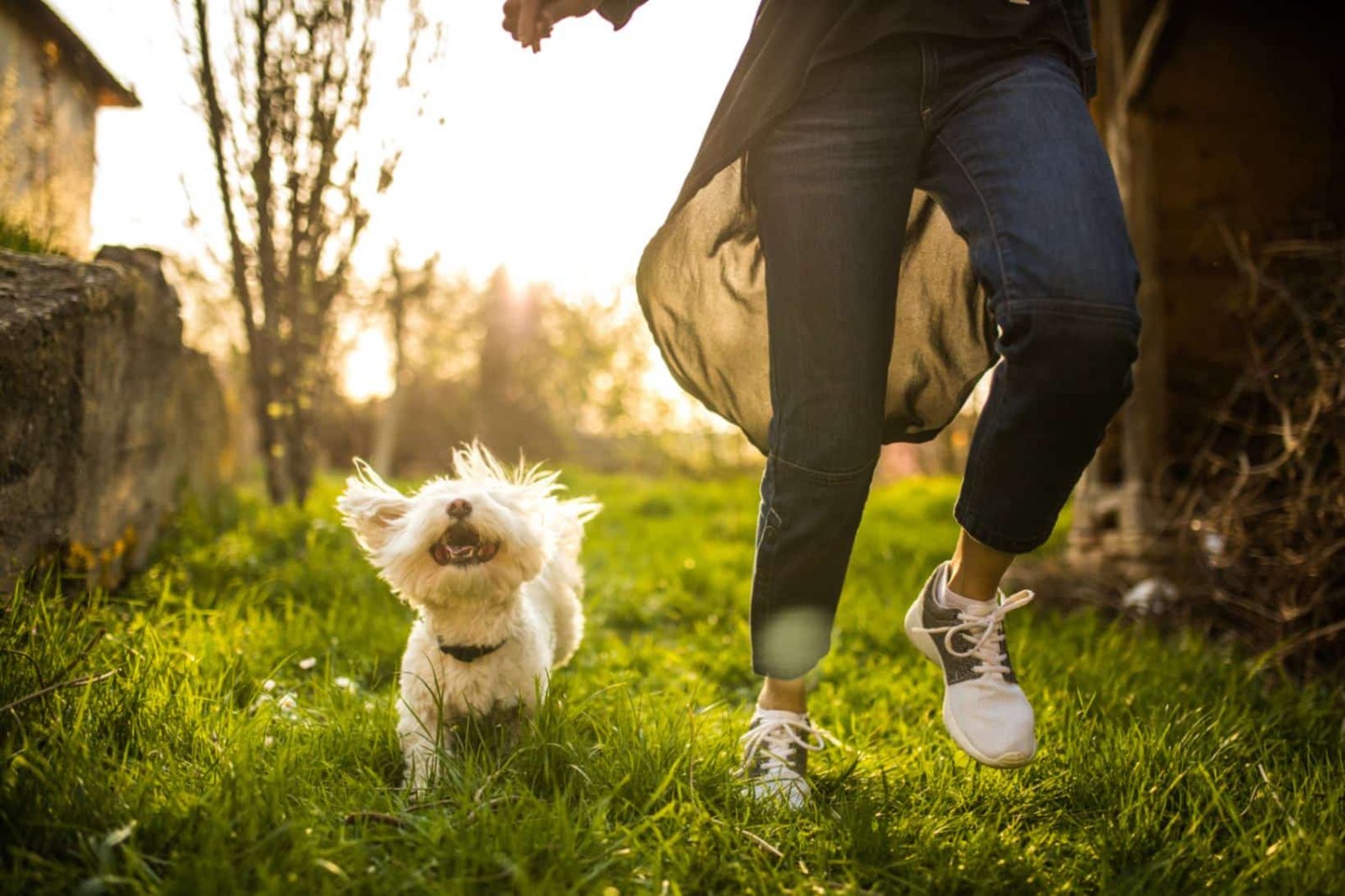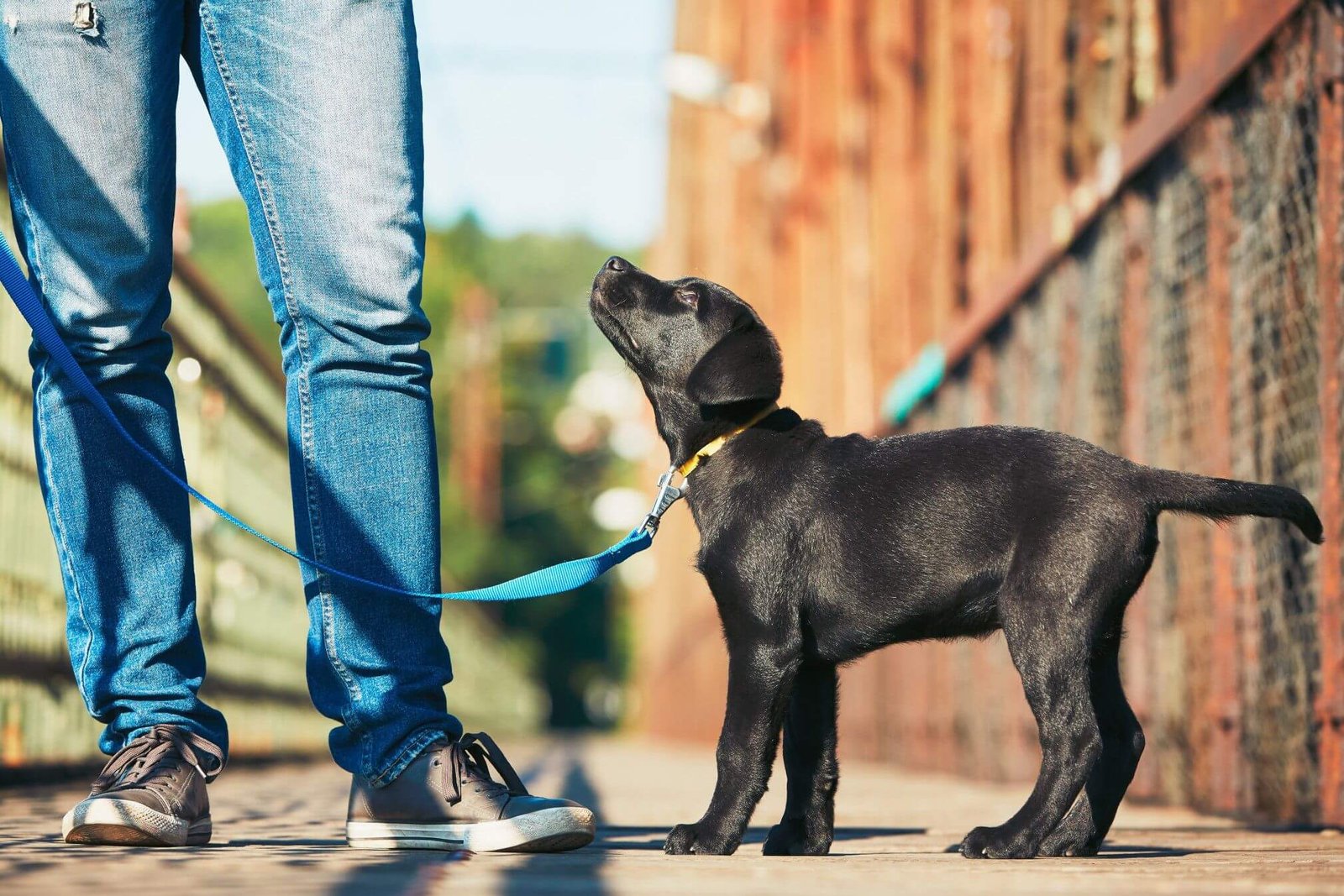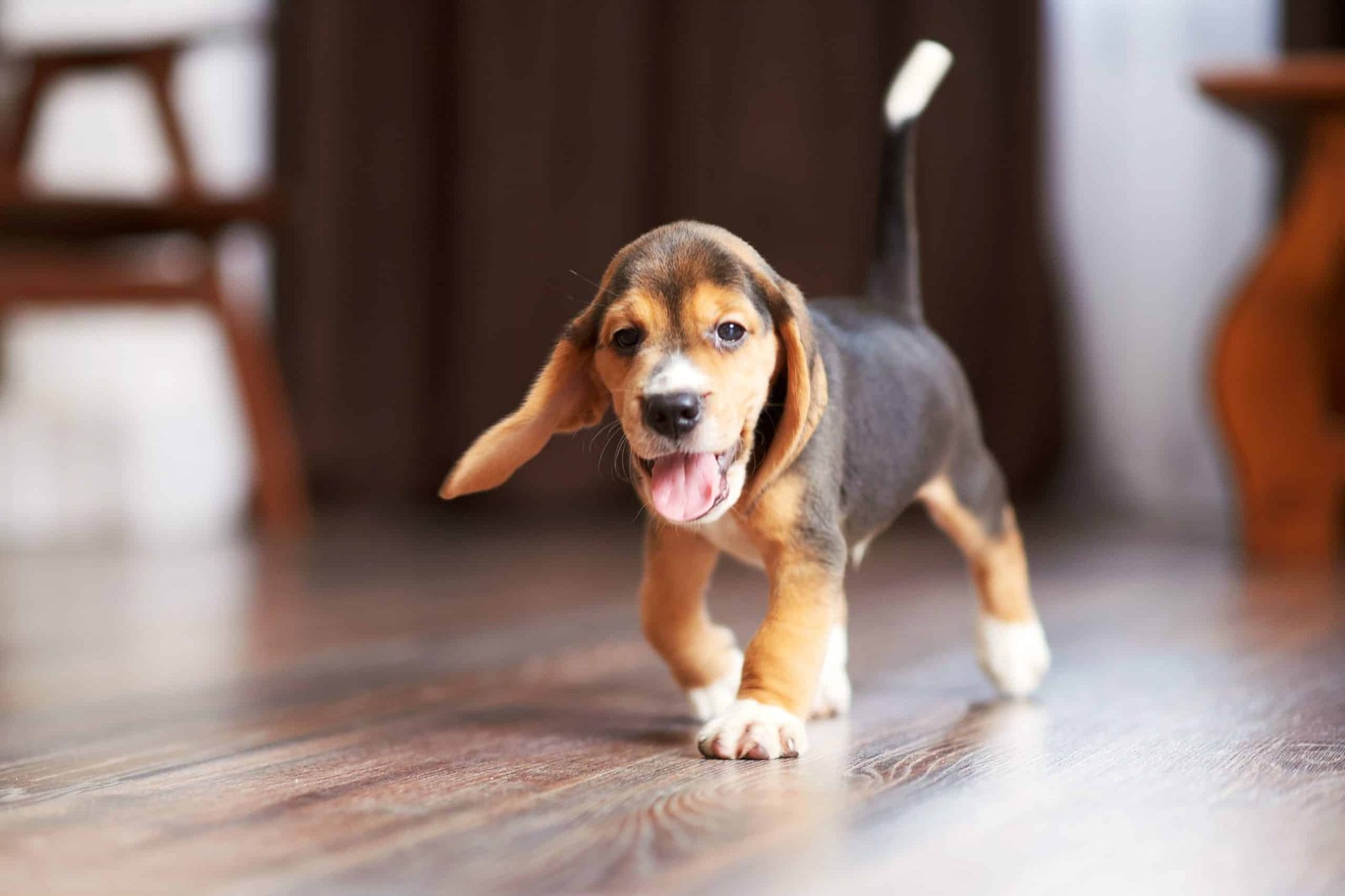Do you've got a brand new doggy within the residence? Congratulations! A canine can bring a whole lot of joy right into a home. Dogs are top-notch companions and have so much love to give. But some schooling is for the connection to be useful for you and your puppy. Whether or not you already know a lot about dogs or are new to the family and need to learn, this article has helpful hints and tips. This guide has some vital information on training your dog as nicely. Keep in mind that an excellent trainer will take time to see what is going on with your pet and will use positive reinforcement for you to both have patience. And enjoyment in your relationship with the canine. The first step to training your dog is to ask yourself why you need to prepare them in the first place. Is it for a task? Do you want them to be extra obedient at home or when out on walks? Or do you want them to have more consideration and control over their actions? This will help you determine the best approach for your dog's needs.
A look at implemented Animal behavior science showed that small breed proprietors are likelier to see their puppies as competitive, nervous, and much less obedient than owners of giant breeds. But, those proprietors also tended to apply less powerful schooling strategies. They also confirmed that when big and small dogs had comparable schooling from their owners, they were equally obedient and properly behaved. The study showed that small breed proprietors, like those with Chihuahuas and Yorkies, are much more likely to see their puppies as competitive, nervous, and less obedient than owners of giant breeds. But they also tended to apply less powerful schooling strategies. The research additionally confirmed that when big and small dogs had comparable schooling from their owners, they were equally obedient and well-behaved. It is a must to be careful when choosing an animal companion.
This newsletter explores 11 pointers and techniques for schooling smaller breed dogs and dogs. Keep those tips in thoughts as you spend time with your new 4-legged pal.

Be Positive!
Again while our dad and mom, and grandparents had dogs, they trained their puppies with punishments. Puppies had been yelled at (or worse) for terrible conduct. Researchers discovered that this method is less efficient than fantastic training techniques. Superb processes contain treats, playtime, and praise as rewards for proper behavior. This method is better for connecting with your canine and more effective for the dog. Now that you realize "training your canine with rewards," you might want to consider employing this technique to train yourself. Keep in mind that it's essential to find the proper reward for your wants and then follow these guidelines:
1) look at what triggered the behavior you wish to stop (usually a reward)
2) figure out what actions will trigger the opposite reaction (working on this will help you find an alternate reward), for instance, a different treat or a different action you need to do
3) find a solution that can give you the opposite result.
Playing Games to Teach Skills
Puppies and small puppies have restricted attention spans. To make your schooling successful, make it fun - for you and the canine. For instance, while you teach your dog to return, you'll start by giving him treats while he responds to his name. As soon as he reacts always, a sport of tag is in order. You will name them and take a few steps away. Then drop a treat. When they arrive to you (and the pleasure), supply them plenty of reward and affection. You may flip this right into an amusing game of chase. Puppies will follow you because they love to chase things. Games like this will assist you in teaching your small dog to come back when known as a few of the most famous canine games are hide and seek, chase, and fetch a few of the most famous canine games are hide and seek, hunt, and bring. Dogs must be taught to sit before they're allowed on the furniture. While you teach your dog to go on the couch, you'll place a treat next to your foot. As soon as he sits down on his bum, reward him. It will assist you in training him not by sitting himself but by making a lot of progress with this little trick first. After you have practiced enough that he's sturdy doing this, try having him remain throughout a short waiting time before receiving your treatment. It will teach him to resist jumping up to take pleasure. Your dog mustn't ruin the couch while snacking on your favorite spot. After he can stay for a brief period, you can reward him for staying put, however, don't reward him for not moving. This is an excellent way to get your dog used to remaining in one place when being awarded or getting a reward. It builds your canine's self-control.
Act Like a Puppy
Puppies and small dogs like to wrestle and use their teeth to explore. This is ordinary doggy conduct. However, nobody wants a bit dog that bites. Suppose your dog uses a tooth while gambling, you want to speak in a way she will understand, while her enamel is to your pores and skin, yelp like a puppy. Then, forestall the play right now. This lets your small canine recognize that their actions are inappropriate.

Make it Real
If you have a puppy, you may additionally want to potty teach. Just like acting like a puppy can educate your small dog no longer to bite, making the potty-education experience "actual" can help your domestic dog pick out the ability quicker. Instead of using pee pads, strive for the usage of actual grass. You aim to train your dog to be the handiest allowed to go while its paws are on grass. When he does his enterprise, supply him a delicious deal. You can additionally buy particular elements for schooling, which they most effectively get. Also, give them masses of rewards and other pets.
Have an ordinary agenda while you are potty education and take them to the identical spot whenever. Area your pup on the grass each half hour to an hour and inform them to "pass potty" or anything period you desire to use. Please ensure they get time at the grass after ingesting, ingesting and primary element inside the morning and after playtime and naps. That's when their digestive systems may be working harder.
Over the years, pass the grass mat in the direction of the door and exchange the grass mat with going outdoors. If you live in a condo or place that does not have easy access to grass, observe the suggestions in this manual, and it can be a perfect permanent solution.
Capture Good Behavior
One of the only ways to train a dog is to reinforce what they are already doing. For example, have delicious treats if you are schooling your small canine to take a seat. While your pup sits, respond with an enthusiastic "Sure!" and a pleasure. You want to be rapid. However, if you show your dog what you need, it'll be simpler for them to repeat it.
Increase Skills
Like people, puppies examine exceptional slowly over time rather than in one considerable consultation. You will have a long way greater achievement if you do many mini-education periods, building competencies progressively over time, than if deciding to spend an entire day training one ability. For instance, if you are coaching the command "live," begin coaching them to stay after them. Slowly, the distance between you and your pup grows over the years, using plenty of positive reinforcement after they showcase the appropriate conduct.
Start in Boring Spaces
Have you ever attempted to examine an e-book during a live rock performance? Probably not, because it's far more difficult to concentrate while a lot goes on around you. The same goes for your canine. Education instructions like "take a seat" and "lay down" are plenty less complicated if you do them in uninteresting rooms without many distractions. Your domestic dog is more likely to sit or lie down naturally, and you'll be more targeted so you can reward them with treats the minute they make the proper motion.
Make it Easy for Your Small Dog to Behave.
One of the most truthful pointers for schooling your small canine is to set them up for achievement. How? If your little dog is housebroken, use gates to preserve them in fitting rooms. If your puppy is chewing, provide them toys they can eat and praise them. In flip, hold your highly-priced shoes out of their manner, so there is no temptation.
Train with High-Value Treats
Your small canine will reply better to a special education treat than a few of their regular meals. Bits of cheese or lunch meat are commonly used, but they may be lots for a small dog's belly to address. As an alternative, remember to get a bag of meals for your dog in an exclusive taste than what they get at mealtime. You may follow remarkable suggestions from ThePets that show that you should pay interest on the meals' protein source, including chicken because toy puppies are vulnerable to allergies. Their digestive machine is sensitive to adjustments in the weight loss program.

Be Quick with Treats and Praise
Small puppies are usually at the flow, so you must be rapid! Maintain your high-fee treats available at all times, and be prepared to praise correct behavior immediately. The closer the reward is to the action, the less complicated it is for your canine to understand what is rewarding.
Have a Schedule and a Routine
Puppies are happiest when they understand what goes on. Try to create an incredible gaining knowledge of your surroundings in your puppy through having regular feeding instances, instances to be outdoors, exercise, and education classes. An everyday routine will help your small canine be calmer and less demanding.
Be Consistent
That is the primary tip for educating your small dog. Be constant in the entirety you do. Make sure that every member of the household realizes the training commands. For example, are you the usage of the word "yes" or the phrase "desirable" while doing something correctly? Use identical praise so your canine knows what to anticipate. The more constant you and your family are, the easier it will be to have a satisfied, obedient small dog.
Follow these simple techniques, and you'll have a happy, well-trained companion in no time!



